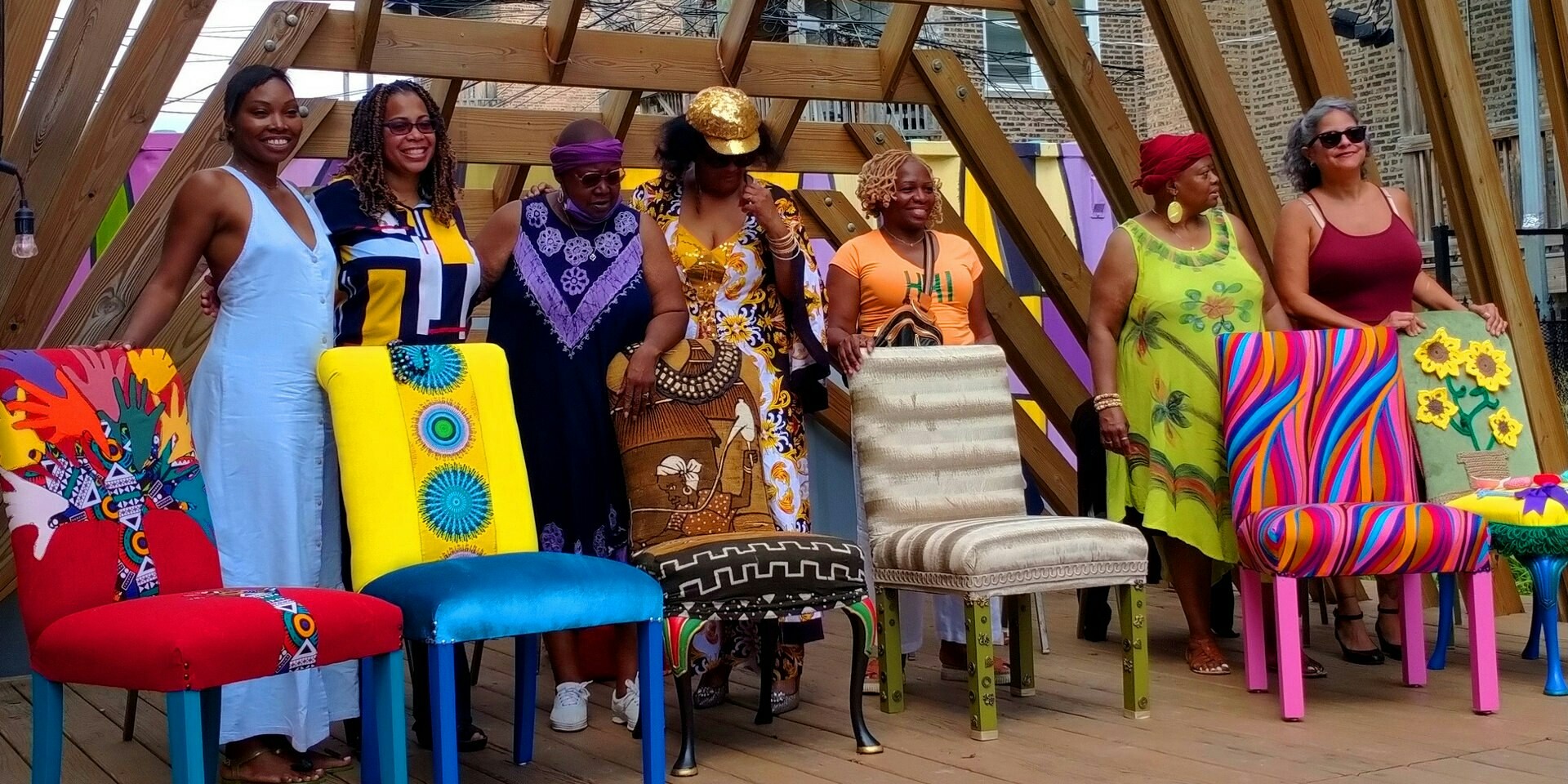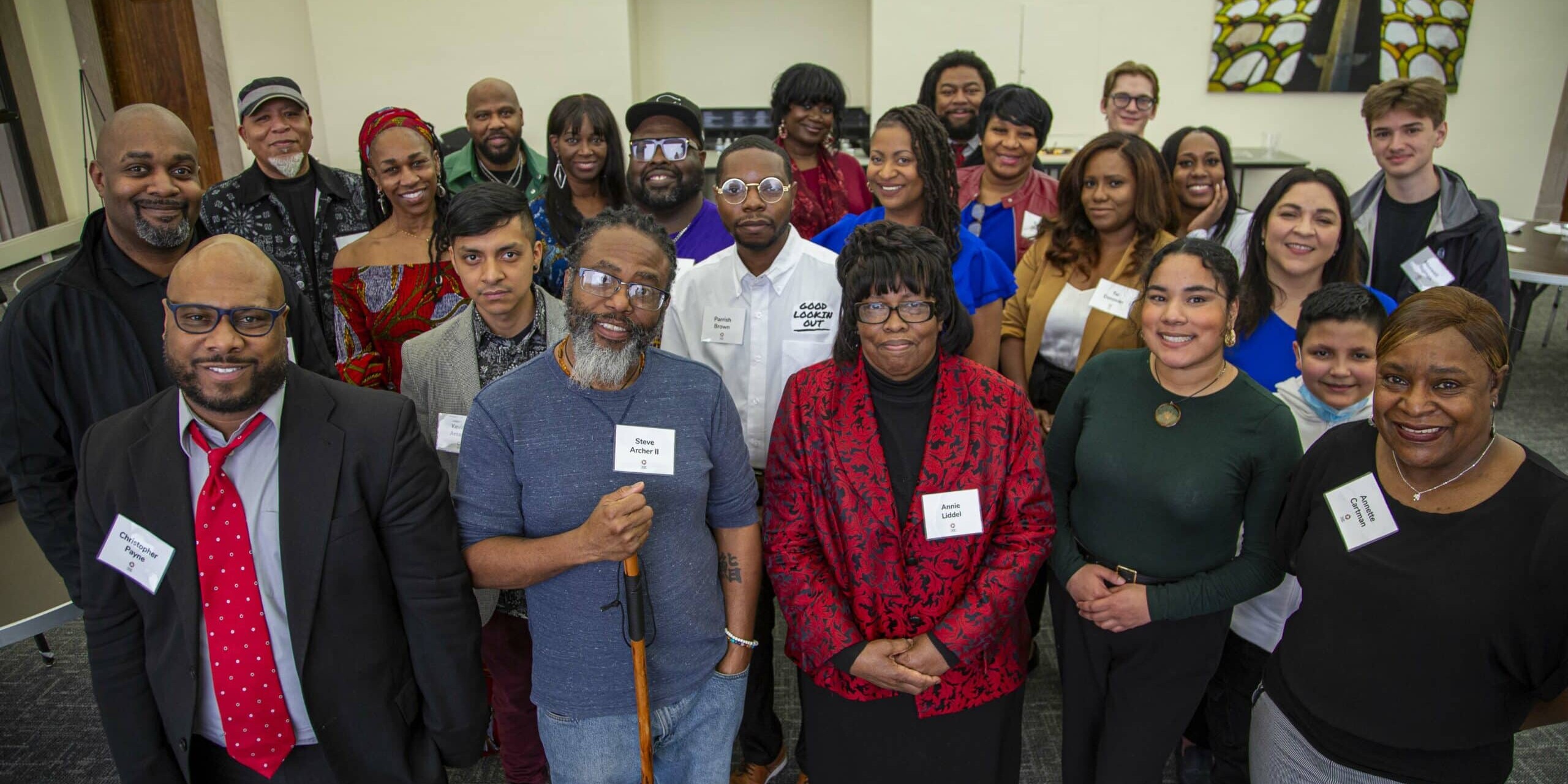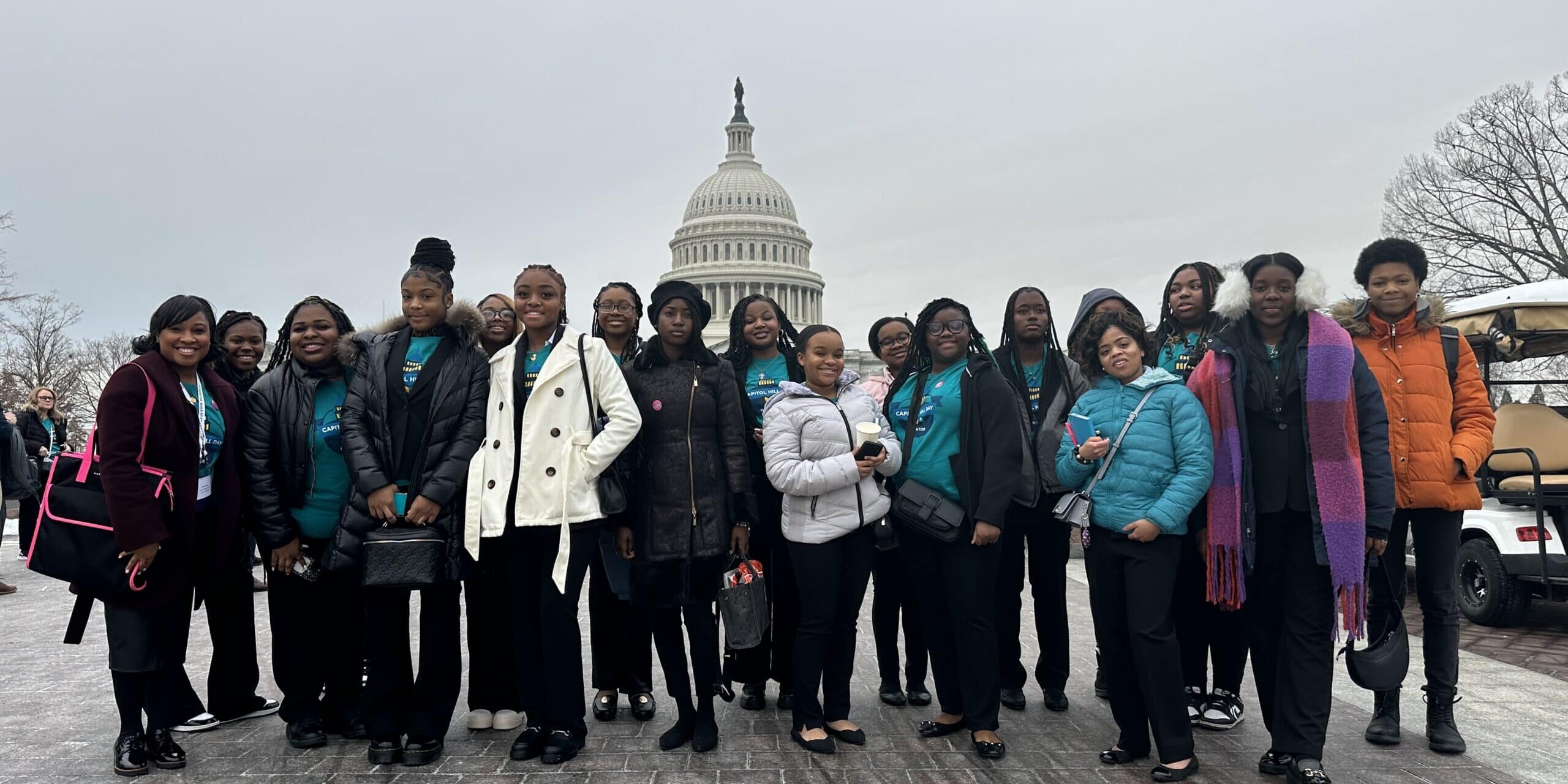By Zeki Salah, Facilitator, Mutual Aid Collaborative
The Chicago Peace Fellows Mutual Aid Collaborative is introducing teenagers to work in the media industry through a project called Generation NOW. Generation NOW was conceived by Messiah Equiano, a 2021 Chicago Peace Fellow, and aims to provide opportunities for young people to work on a teen talk show that addresses everyday issues that teenagers face. The program pays teenagers to produce, direct, and act in the show and provides them with a safe environment to express their thoughts.
Messiah originally thought of the idea of a teen talk show in 2014 and pitched the idea to the television station WCIU. The project was initially based on a show that appeared on BET in the 90s and early 2000s called Teen Summit. Teen Summit provided a platform for teenagers to talk about the everyday issues they face and brought these issues into perspective within an open and safe environment. Messiah thought the idea of a teen talk show was valuable and conceptualized Generation NOW as a similar program that would also allow the young people to get involved in aspects of production.
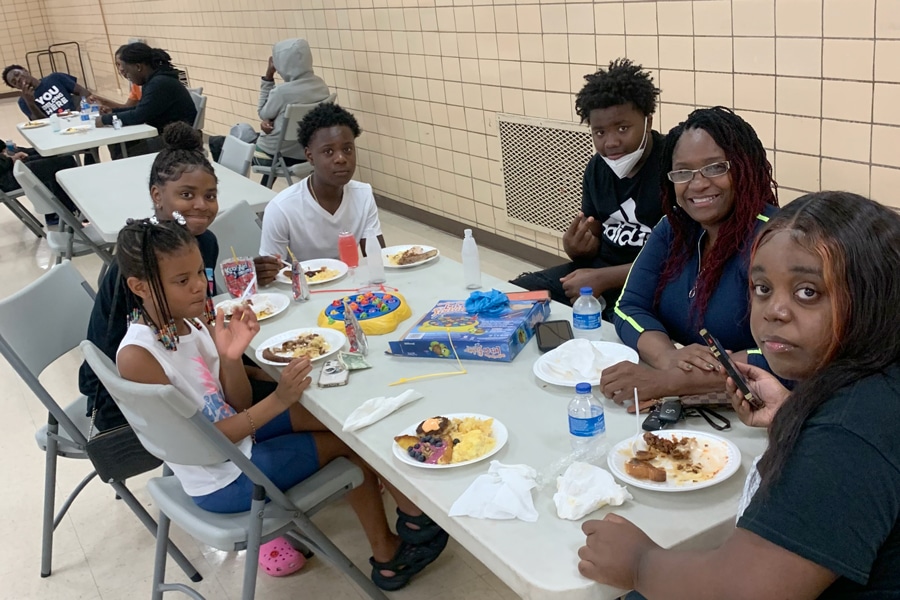
While the station turned down the pitch, Messiah persisted and applied for a grant from the Chicago Community trust to shoot a pilot episode of Generation NOW. He received the grant from the Chicago Community Trust in 2019 and filmed the pilot at Lawndale Community Academy. This experience showed him how therapeutic and empowering a platform for teens to express their issues could be. Since then, he has been working to secure funding to film more episodes of Generation NOW, including the August 5 filming that was funded by the Mutual Aid Collaborative.
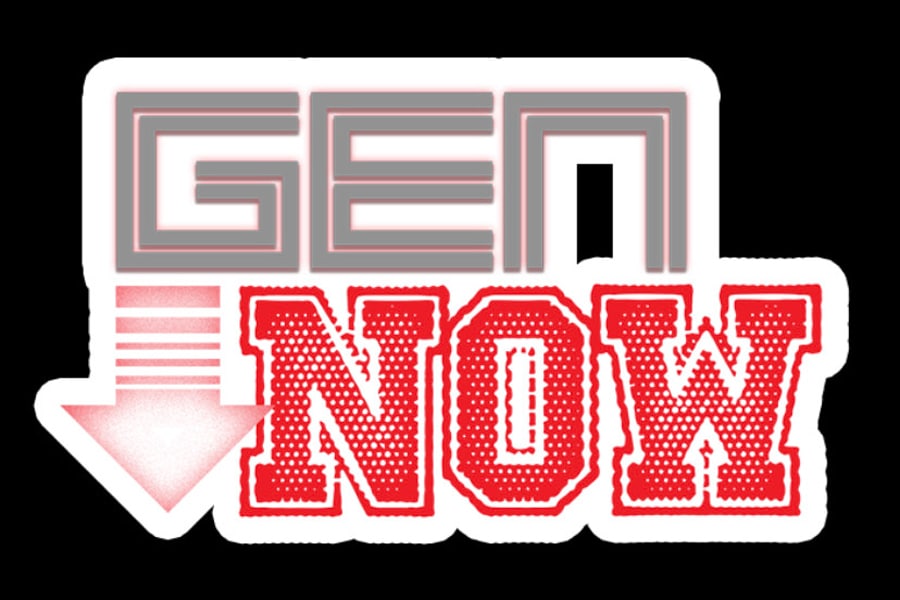
The Mutual Aid Collaborative is made up of 60 Black and Brown leaders and committed allies who live and work in the communities they serve on the South and West sides. They have raised over $86,000 to support several active projects, including Generation NOW. The Mutual Aid Collaborative met and collaboratively voted in May to provide Generation NOW with the funding to film another episode at the Foster Park District.
Generation NOW aims to provide young people with a setting to be open about their opinions, while also providing them with experience with different aspects of television production. Teens are invited to work on the project as writers, production members, or actors and are compensated for their work. On August 5th, the funds provided by the Mutual Aid Collaborative were used to pay 10 teenagers $250 each for their involvement in a day of filming. Funds were also used to provide them with meals and entertainment and also paid for a camera crew. Generation NOW aimed to provide the teens involved with a new opportunity to express themselves without judgment.
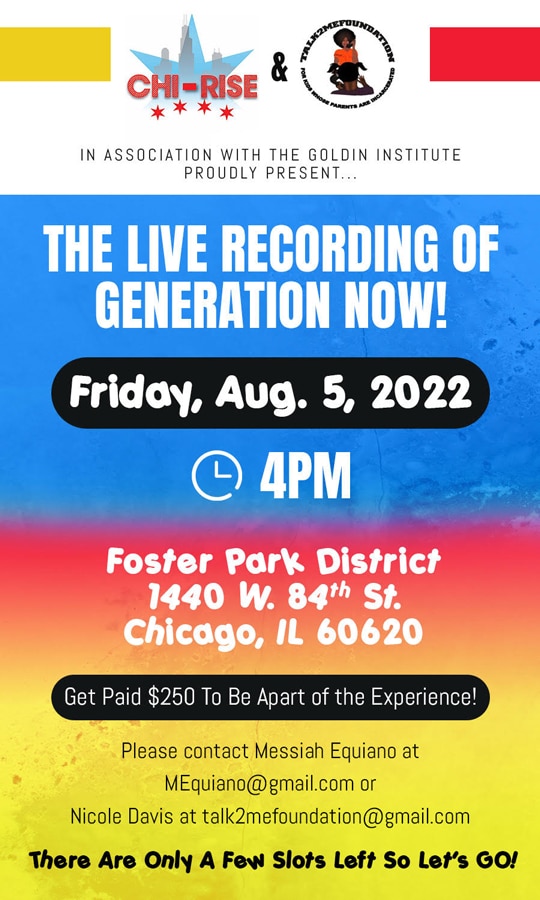
The young people were not only provided with food and time to get to know each other, but they were also told not to laugh at each other or dismiss opinions and were assured that the raw footage from the filming would not become publicly available.
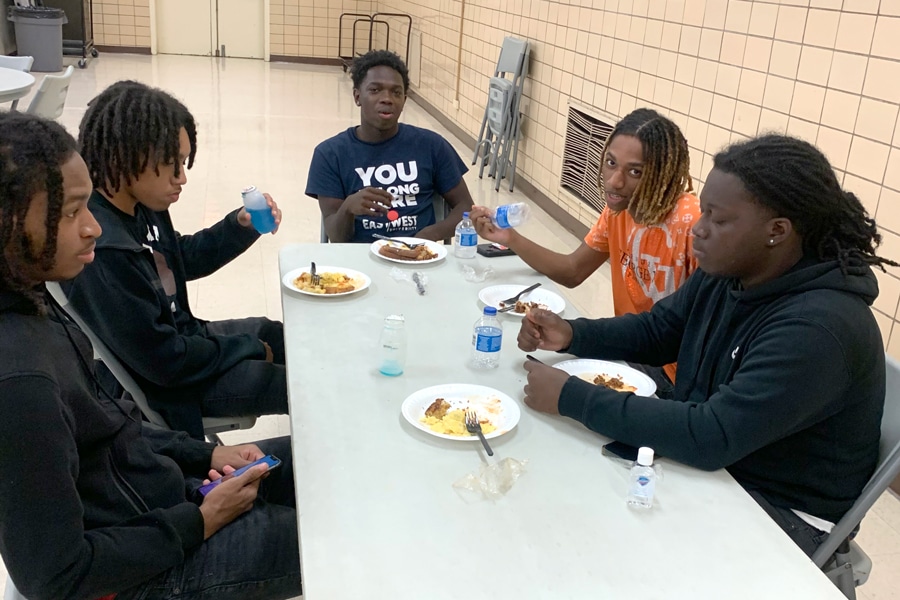
The filming of Generation NOW on August 5 was a collaborative effort between Peace Fellows. Alongside Messiah, Nicole Davis and the Talk to Me Foundation brought in actors and rehearsed together. As part of the filming, Nicole and her teens performed a skit where a woman accuses a man of stealing her purse, he denies stealing her purse, and she comes back with her brother to confront the accused man. At the end of the skit, someone approaches the woman and informs her that she left her purse in the bathroom and she apologizes. This scene was modeled after the experiences of the teens themselves, who gave input on how the scene might unfold.
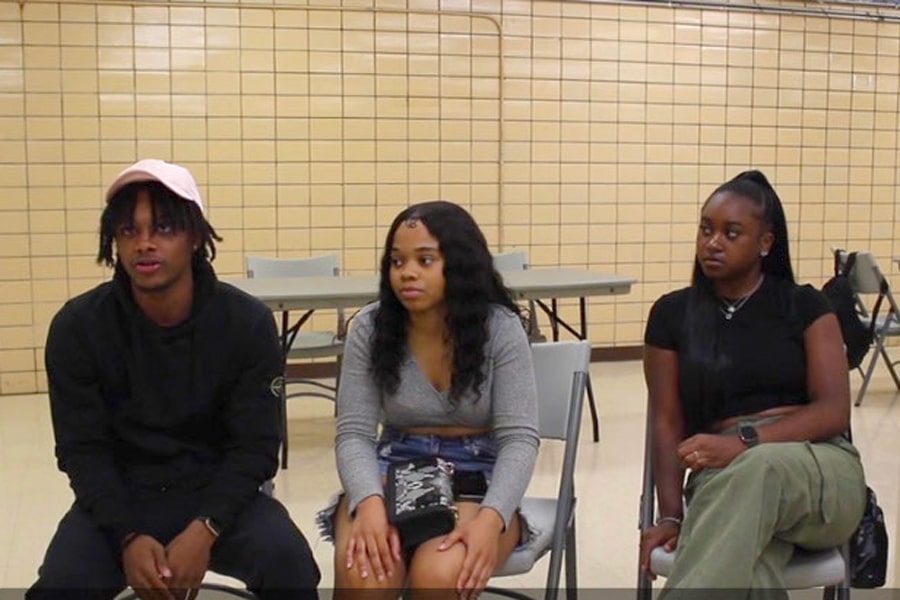
While Nicole led the rehearsal, the script of the conflict and resolution was developed by the teens. For instance, when asked what they would do if confronted about stealing, all of the young men at the filming responded that they would stand their ground during the confrontation and would not run away. The filming not only provided the teens involved with a platform to voice their beliefs without judgment, but also with a chance to enact their visions in a production and to work together collaboratively.
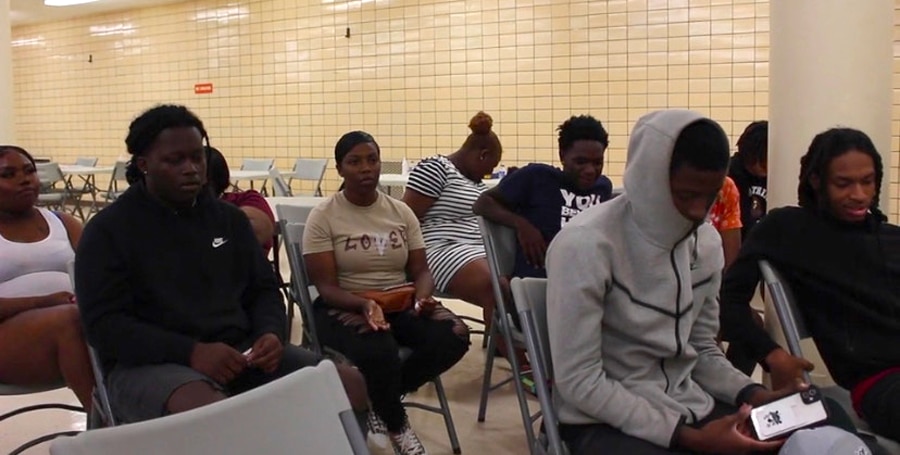
The response of the young people involved in Generation NOW has shown that the program is both therapeutic and empowering. Messiah spoke to the experience of the teens involved as they were provided with a platform to speak about topics like dating and conflict resolution: “Human beings hold onto so much in their hearts and their minds related to their experiences… Even if someone doesn’t express themself, just hearing another person make themselves available can make them feel better.” By continuing to provide this platform for teens and compensating them for their involvement, Messiah believes he can first them away from activities that might lead to violence:
[Generation NOW is about] getting a gun from someone’s hand and a camera into it. I’ve seen this in real life, I’ve seen people love it… you put a camera in his hand and he loves it. You’ve got to give them alternatives and have them get paid for it.”
Messiah’s organization, CHI-RISE, is looking for funding to continue to produce episodes of Generation NOW. They are also looking towards expanding the programs to different communities, and looking specifically at communities with higher risks of violence. Through community collaboration, they are hoping to help teenagers find work on the project during summer and winter recesses from school. Ultimately Messiah hopes to create a sustainable model for Generation NOW by getting members of the community involved and having them watch the show. Through creating content that gives back, Generation NOW aims to create safer and more connected communities.
Author
-
Travis Rejman is the founding Executive Director of the Goldin Institute, a global non-profit based in Chicago that has inspired, equipped and connected grassroots leaders in over 50 countries over the last twenty years. Bio
View all posts


